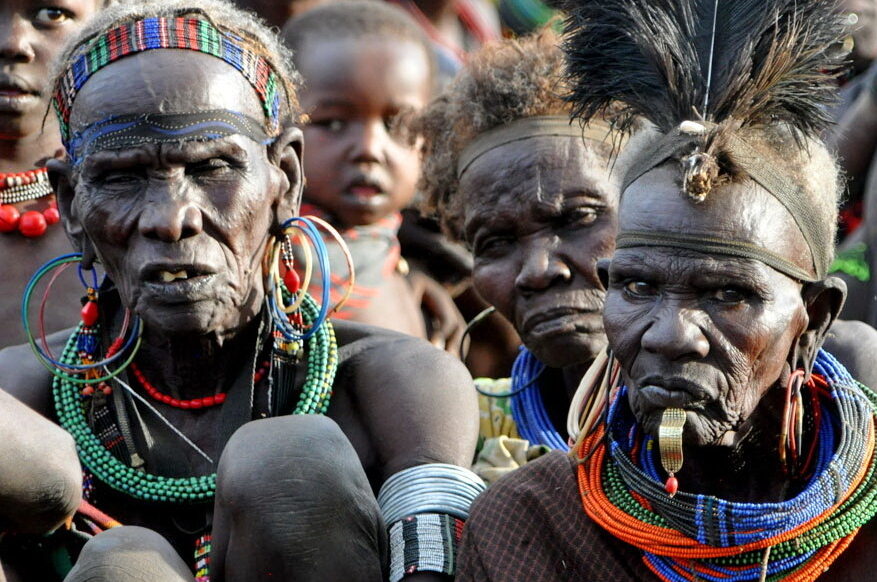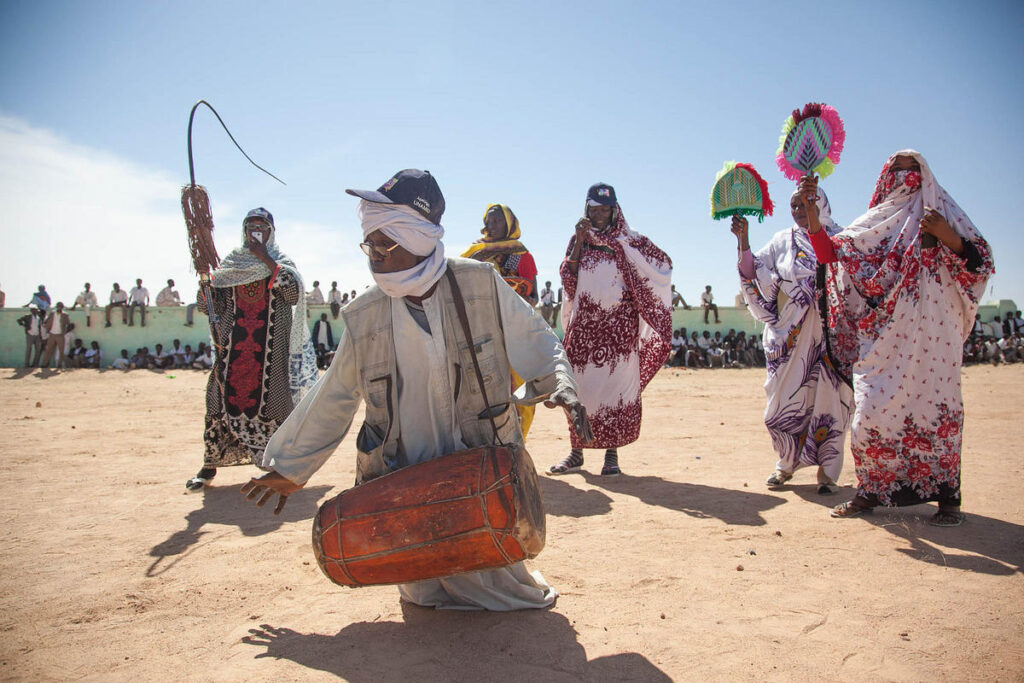
Nestled in the northeastern corner of Africa, Sudan is a land of captivating landscapes and a rich tapestry of cultures. The country’s diverse population contributes to a vibrant and fascinating cultural kaleidoscope that has enchanted travelers and historians alike for centuries. From ancient traditions to modern expressions, Sudan’s culture is a testament to the nation’s extraordinary heritage.
Sudan’s cultural diversity is a reflection of its multifaceted population, composed of more than 600 ethnic groups. The two major cultural groups are the Arab and African communities, each bringing unique customs and languages to the nation. Arabic, the official language, is widely spoken throughout the country and serves as a unifying force among Sudanese people. English is also used in educational and official contexts. However, the linguistic landscape is incredibly rich, with over 100 other languages spoken by different ethnic groups, including Beja, Nubian, Fur, Zaghawa, and many more.
Sudan’s history spans thousands of years, and its cultural heritage is deeply rooted in ancient civilizations. The ancient Kingdom of Kush, which once thrived along the Nile River, left behind impressive architectural wonders, including the renowned Meroë pyramids. Traditional practices, rituals, and festivals are an integral part of Sudanese culture, where ancient customs intertwine with contemporary influences. From the lively Holi Festival celebrated by the Nubian people to the colorful and rhythmic Zar dance performed by women in Khartoum, each tradition is a window into the heart of Sudanese culture.
Religion plays a significant role in Sudanese society, with Islam being the predominant faith practiced by the majority of the population. However, Sudan is a shining example of religious coexistence and harmony, where different faiths peacefully coexist. Christianity is practiced by a sizeable number of Sudanese, particularly in the southern regions. Sudanese Christians celebrate religious holidays such as Christmas and Easter with as much enthusiasm as their Muslim counterparts observe Ramadan and Eid al-Fitr. This harmony and respect for religious diversity have been the bedrock of Sudan’s social fabric.

Sudan’s cuisine is a delightful blend of flavors and influences from various cultures. Staple foods include sorghum, millet, and wheat, forming the base for a variety of mouthwatering dishes. One cannot miss the traditional dish Asida, a porridge-like dish often served during special occasions and festivals. In urban centers, Sudanese cuisine has also embraced international influences, reflecting the country’s openness to the world. The bustling markets and food stalls offer an array of tantalizing treats, from Arabic coffee to savory falafels.
Despite the ever-changing world, Sudanese people take great pride in preserving their cultural heritage. Museums, cultural centers, and festivals are dedicated to showcasing the richness of Sudanese traditions. The Festival of Sudanese Culture held annually in Khartoum is a grand celebration of the nation’s diverse heritage, featuring music, dance, crafts, and cuisine from different regions of the country. These events not only attract local attendees but also welcome curious visitors from around the globe, fostering an exchange of cultures and ideas.
Sudan’s cultural diversity is a treasure trove waiting to be explored. From the golden dunes of the Sahara to the lush banks of the Nile, the country’s landscapes and its people’s traditions offer an enchanting experience. As Sudan continues to embrace its past while embracing the present, it remains a land of beauty, unity, and captivating diversity.
